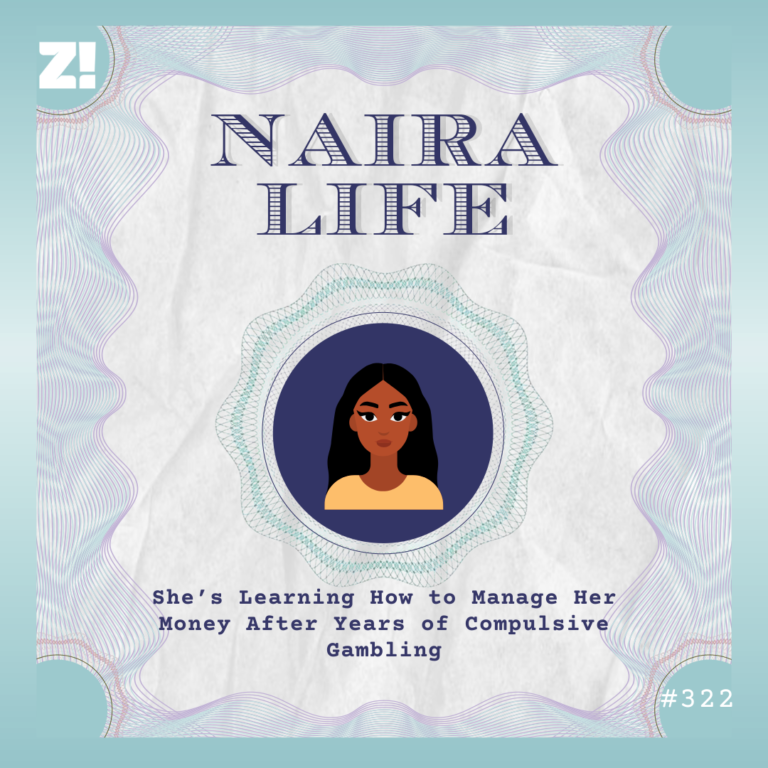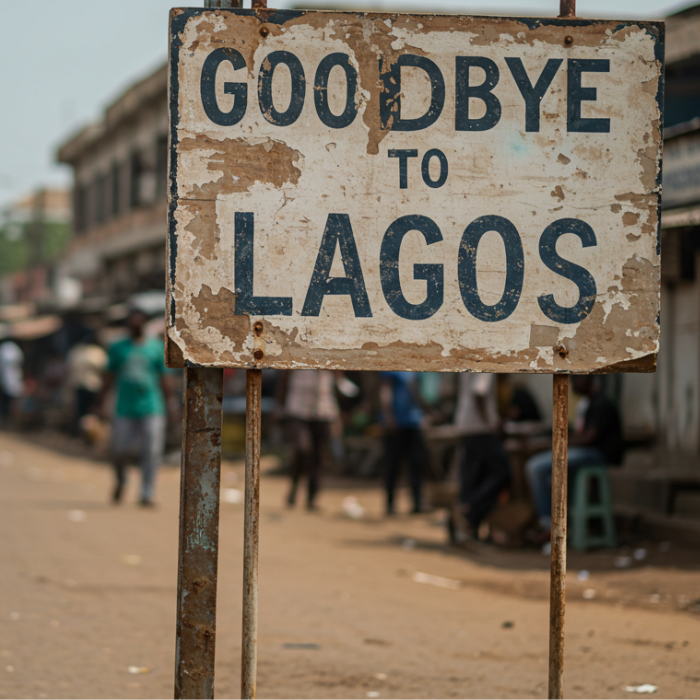There’s no one-size-fits-all approach when it comes to financial advice. What works for the ballers won’t always work for the hustlers, and that’s okay.
We asked 7 salary earners across different low and mid-income levels about their thoughts on savings, and this is what they had to say.
Lanre*. Income range: ₦200k – ₦250k/month
Saving in naira is a scam. I realised this when my sister received a sizable bonus at work, and she decided to save it for a year till she was due to travel out of the country. By the time she needed the money and changed it to dollars, it was far less than what it would’ve been if she’d changed it to dollars a year before and kept it.
I prefer to invest my money in agribusiness or opportunities that will generate interest. If I have to save, it can’t be in naira.
Mayo*. Income range: ₦70k – ₦100k/month
I’m a firm believer in savings. I can’t feel comfortable if I have absolutely nothing to fall back on.
I earn next to nothing, but I consistently save about 40%. Up until 2020, I always left my savings in a single bank account. But I got robbed and lost all my life savings in one day. So now, I spread my money across my accounts, fintech apps and even ajo contributions.
Joy*. Income: ₦300k/month
I only save what’s left after removing what I can conveniently live on. I used to beat myself up about not saving as much as some of my friends with similar incomes, but I give myself grace now. The cost of most things is now increasingly costlier on a daily basis, and I can’t live a fairly comfortable life and save adequately at the same time.
I don’t think it’s fair to work as hard as I do and deny myself the things I like simply because I want to keep money somewhere. I’d rather focus on earning more so I can do both.
RELATED: How Nigerians Deal With Realising They’re Underpaid
Grace. Income range: ₦100k – ₦150k/month
I live with my parents and work from home, so I easily save at least 70% of my income since I have limited responsibilities. It’s not necessarily because I have financial discipline; I just don’t know what to do with money. If I find a lucrative investment or business opportunity, I’ll probably direct the money there instead of letting it gather dust.
Esther*. Income: ₦180k/month
I prefer to take loans than to save. This is because I typically save when I have a goal in mind. For instance, I need to buy a TV which might require me to save for three months. By the time I have the money, the price might have increased because of inflation. So, I’d rather take a loan to buy it at once and pay it back gradually. I can save for rent since it’s fixed. But for any other purpose, I’d rather take a loan. I also keep between 10% – 20% of my income as emergency savings when I have no particular savings goal.
Joseph*. Income range: ₦60k – ₦65k/month
Omo. Na who get money dey save o. By the time I sort out transportation and feeding expenses from my salary, I’m already broke by the third week of the month. The prices of things also increase daily, so sometimes I have to really stretch my salary to even reach that third week. Maybe when I start earning more, I can think about saving.
Ruth*. Income: ₦260k/month
I think saving is great, but my challenge is fighting the urge to blow my savings on something I like. I tried locking my money in a fintech savings app once, but then a genuine unexpected need came up, and I was stranded. I had to borrow money from a friend to pay my hospital bills even though I had ₦300k locked somewhere.
I’ve never locked my money again, and now I just try to do my best to manage it. If savings work in a particular month, great. If it doesn’t, I just keep moving.
*Some names have been changed for anonymity.
NEXT READ: The Nigerian Millennial’s Guide to Earning What You Deserve




